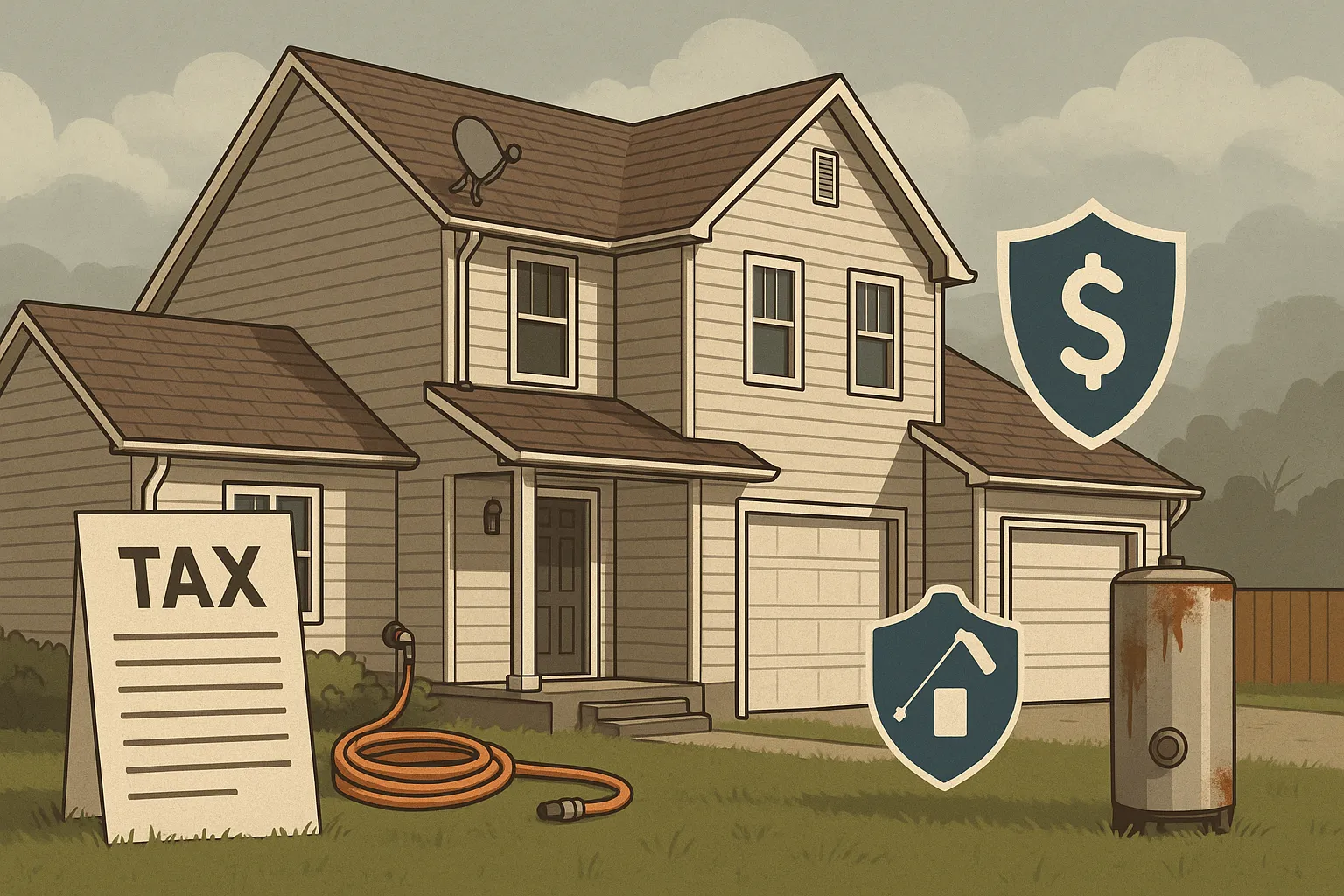High Income Isn’t the Same as Real Wealth

According to an April 2022 PYMNTS analysis, 31% of U.S. consumers earning $150,000–$200,000 annually were living paycheck to paycheck, and an additional 12% struggled to cover expenses despite high incomes. It’s a surprising figure—especially in an era where six-figure salaries are often equated with success. But high income doesn’t always lead to wealth. This article explains why and what separates earners who build lasting financial security from those who don’t.
Key Takeaways
- Earning a high salary does not guarantee net worth growth.
- Poor budgeting, debt, and lack of investing discipline can undermine even strong incomes.
- Wealth is more about what’s kept and grown than what’s earned.
- Lifestyle creep is a major threat to long-term financial health.
- Long-term planning, not short-term status, drives durable wealth.
Why High Income Can Be Misleading
Many people assume high earners are automatically wealthy. But income is just one part of the equation. From pro athletes to tech workers, headlines show us time and again: high earnings don’t guarantee a financial cushion. Without strong financial habits, it’s easy to overspend, under-save, or fall into debt.
Consider the basic formula: wealth = assets – liabilities. A person making $250,000 per year but spending $240,000 and carrying credit card debt may have far less net wealth than someone making $80,000 who saves diligently and avoids lifestyle bloat.
Lifestyle Creep: The Silent Erosion
As income rises, so do expectations. It’s tempting to upgrade cars, homes, vacations, and dining habits. This shift—called lifestyle creep—can quickly absorb raises and bonuses.
- A $20,000 raise may disappear with a more expensive apartment.
- A promotion might justify a new car lease, even if the old one worked fine.
- Dining out more often feels deserved—but costs compound fast.
Hypothetical: Imagine a 38-year-old software engineer earning $220,000 in San Francisco. After rent, travel, tech subscriptions, daycare, and debt payments, they save less than 5% of their income. Despite a high salary, their net worth barely grows year to year. If the market dips or their job changes, there’s little margin.
Wealth-Building Requires More Than Income
Wealth comes from converting income into productive assets—things that grow or generate returns. Without investing, high earners can miss compounding’s power.
Vanguard’s 2024 How America Saves report finds that workers who began saving 3–7% of pay as soon as they were eligible had average balances 40% higher at retirement than peers who deferred contributions. For example:
- A person saving $10,000/year from age 25 to 40, then letting it grow untouched, may build more wealth by retirement than someone who starts saving $20,000/year at age 40.
So what? The earlier and more consistently someone converts income into long-term assets—like a 401(k), IRA, diversified brokerage account, or real estate—the better their odds of becoming truly wealthy.
Behavioral Pitfalls That Undermine Wealth
Several cognitive traps often sabotage high earners:
- Overconfidence: Believing a strong income will always cover mistakes.
- Inertia: Putting off investing or estate planning until “later.”
- Social comparison: Trying to keep up with peers’ visible spending.
- Short-termism: Prioritizing immediate gratification over long-term payoff.
Recognizing these tendencies—and putting guardrails in place—can be the difference between financial stress and financial security.
What High Earners Can Do Instead
For those earning strong incomes, a few shifts can protect and grow wealth:
- A common rule of thumb is to save 20–30% of gross income, following a 50-30-20 split where 20% goes straight into savings and investments.
- Prioritize tax-advantaged investing (e.g., 401(k), HSA, Roth IRA).
- Automate contributions to long-term accounts.
- Avoid lifestyle upgrades that outpace net worth growth.
- Stress-test the budget for downturns or unexpected costs.
Building wealth isn’t about what someone earns today—it’s about what they keep, grow, and protect for tomorrow.


